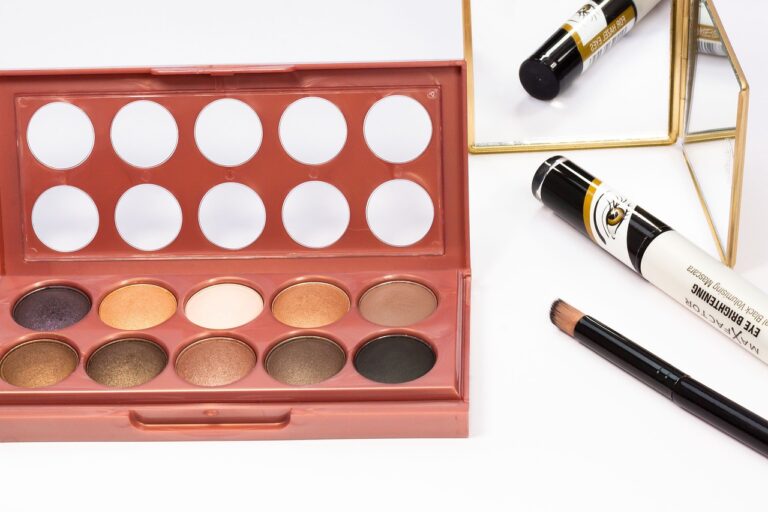Fashion and Gender Equality: Empowering Women Through Fair Labor Practices in the Garment Industry
Fair labor practices play a crucial role in shaping the working conditions and livelihoods of women in the garment industry. By ensuring fair wages, safe working environments, and reasonable working hours, these practices empower women to lead dignified lives and support their families. Additionally, fair labor practices contribute to a more equitable and sustainable industry where women are valued for their skills and contributions.
When implemented effectively, fair labor practices can have far-reaching positive impacts on the lives of women garment workers. Not only do these practices promote gender equality and social justice, but they also enhance the overall well-being of women by fostering a work environment that prioritizes their rights and safety. As a result, women are able to thrive professionally and personally, breaking the cycle of exploitation and discrimination that has long plagued the garment industry.
Challenges Faced by Women in the Garment Industry
Women working in the garment industry face a myriad of challenges that hinder their well-being and advancement. One of the main difficulties these women encounter is low wages, often below the minimum wage set by labor laws. This not only makes it hard for them to make ends meet but also reflects the exploitation prevalent in the industry.
Moreover, women in the garment industry often endure long working hours without proper breaks or compensation for overtime. These grueling hours not only impact their physical health but also leave them with little time for rest and personal activities. As a result, they are caught in a cycle of overwork and exhaustion, with limited opportunities for career growth and personal fulfillment.
Improving Working Conditions for Women in Fashion
One key aspect of enhancing working conditions for women in the fashion industry is ensuring fair wages and benefits. Many women in this field face low pay, lack of healthcare coverage, and limited access to paid leave. By advocating for and implementing policies that guarantee living wages, comprehensive health insurance, and paid time off, the industry can create a more supportive and equitable work environment for women employees.
Additionally, providing opportunities for career advancement and training programs can empower women in the fashion industry to excel and thrive in their roles. By offering skill-building workshops, mentorship programs, and leadership development initiatives, companies can help women build confidence, acquire new competencies, and progress in their careers within the industry. These professional growth opportunities not only benefit individual employees but also contribute to a more diverse and skilled workforce in the fashion sector.
– Offering skill-building workshops
– Implementing mentorship programs
– Providing leadership development initiatives
– Empowering women to excel and thrive in their roles
• Advocating for fair wages and benefits
• Guaranteeing living wages
• Providing comprehensive health insurance
• Ensuring access to paid time off
By addressing these key areas, the fashion industry can work towards creating a more inclusive and supportive environment for women employees. It is essential for companies to prioritize the well-being and professional growth of women in the workforce, ultimately leading to a more diverse, skilled, and empowered workforce within the fashion sector.
What are fair labor practices and how do they impact women in the garment industry?
Fair labor practices ensure that workers are treated ethically, paid fairly, and work in safe conditions. When implemented in the garment industry, these practices benefit women by providing them with better working conditions, fair wages, and opportunities for advancement.
What are some of the challenges faced by women in the garment industry?
Women in the garment industry face a range of challenges, including low wages, long hours, unsafe working conditions, lack of job security, and limited opportunities for career advancement.
How can working conditions for women in fashion be improved?
Working conditions for women in fashion can be improved by implementing fair labor practices, providing training and education opportunities, creating safe work environments, ensuring fair wages, and promoting gender equality in the workplace.
What can companies in the fashion industry do to support women workers?
Companies in the fashion industry can support women workers by implementing fair labor practices, providing opportunities for skills development and advancement, promoting diversity and inclusion, and ensuring that women have a voice in decision-making processes.





